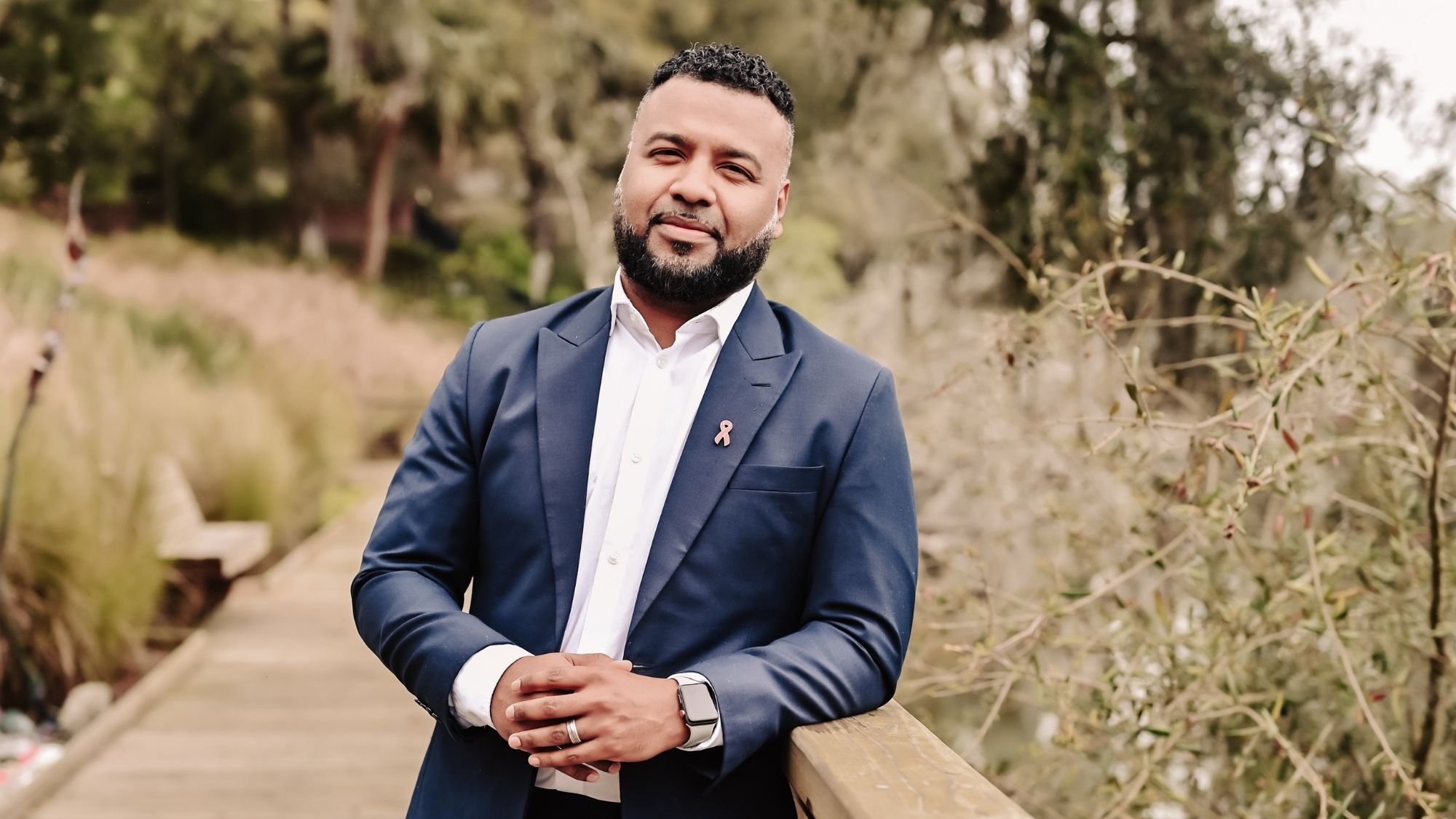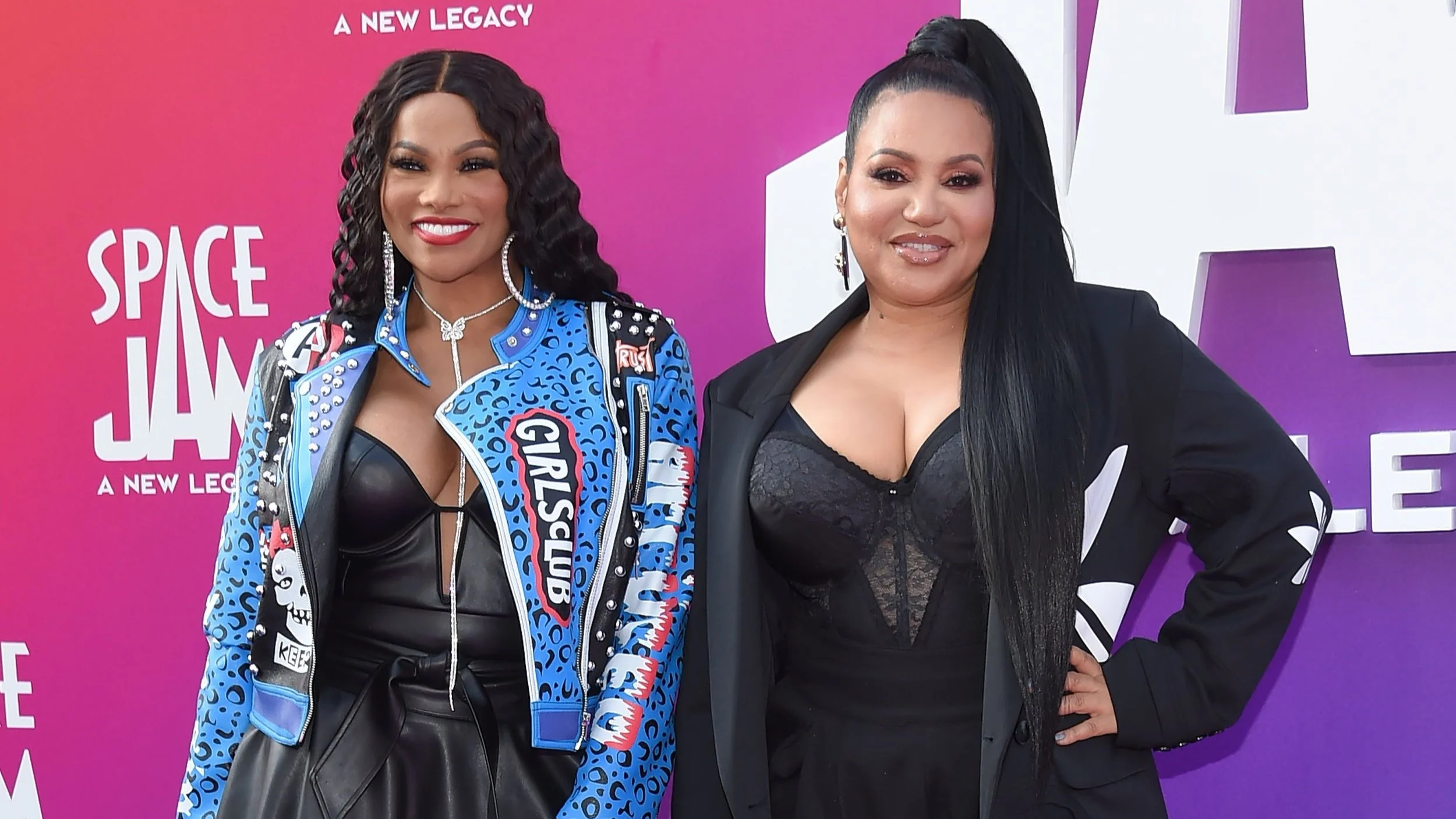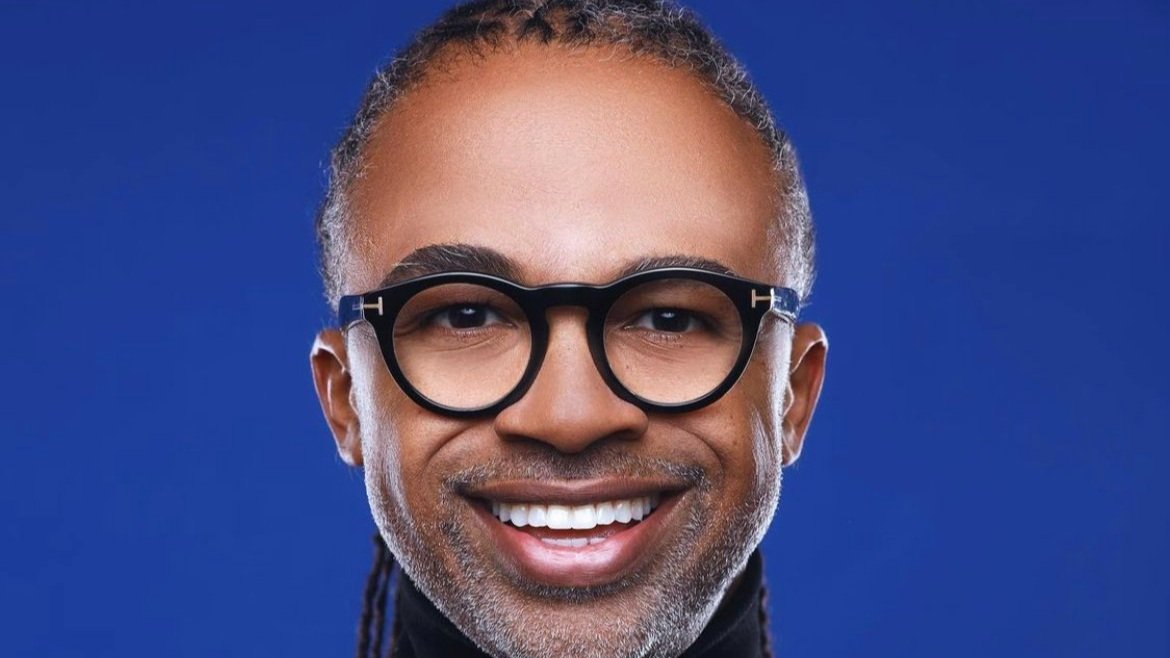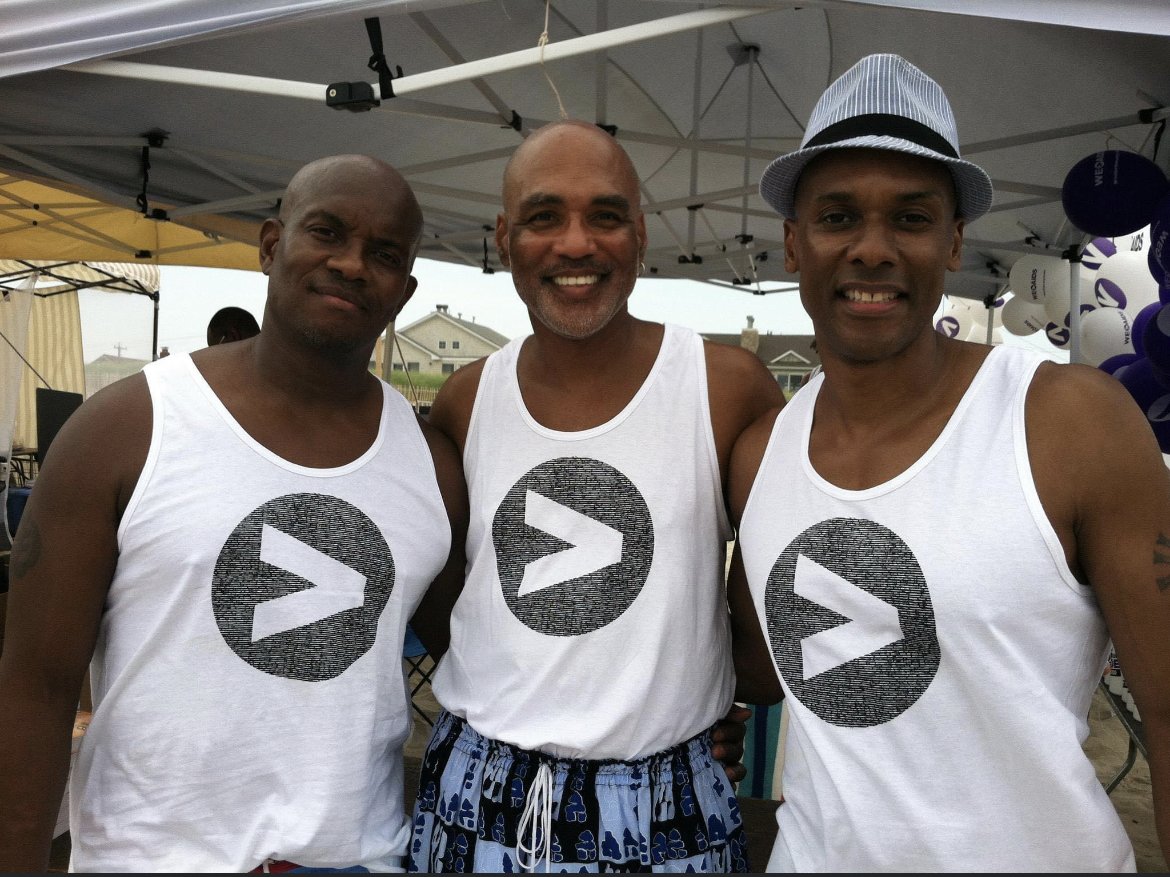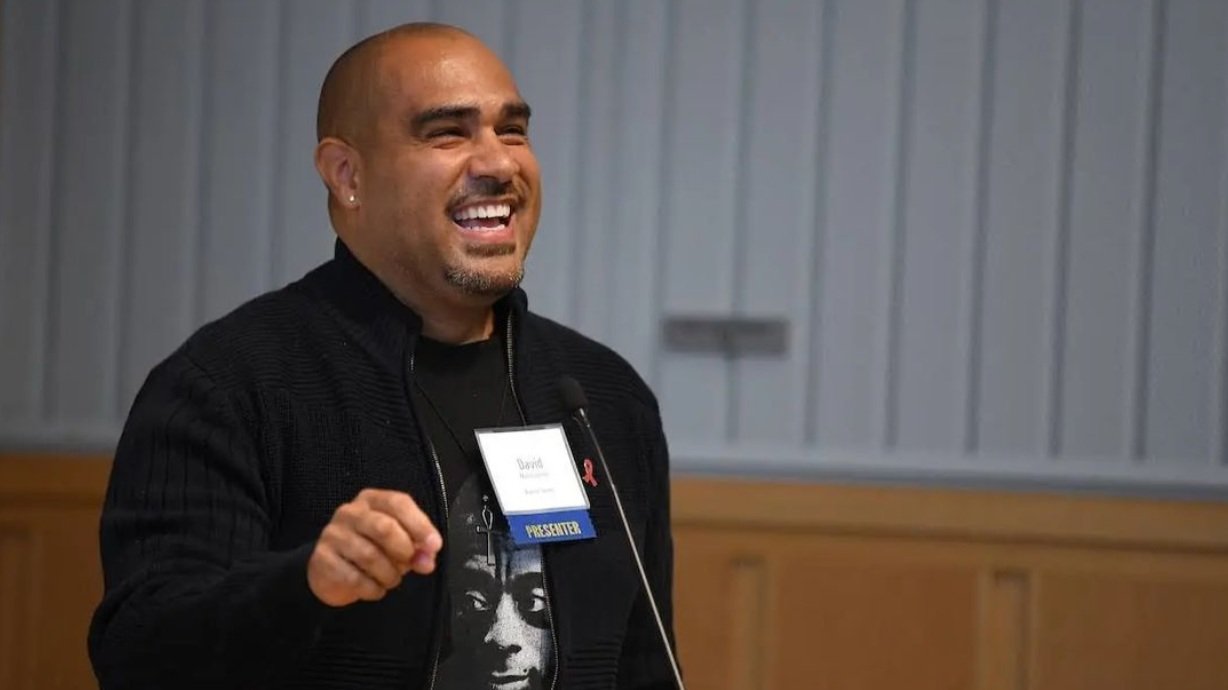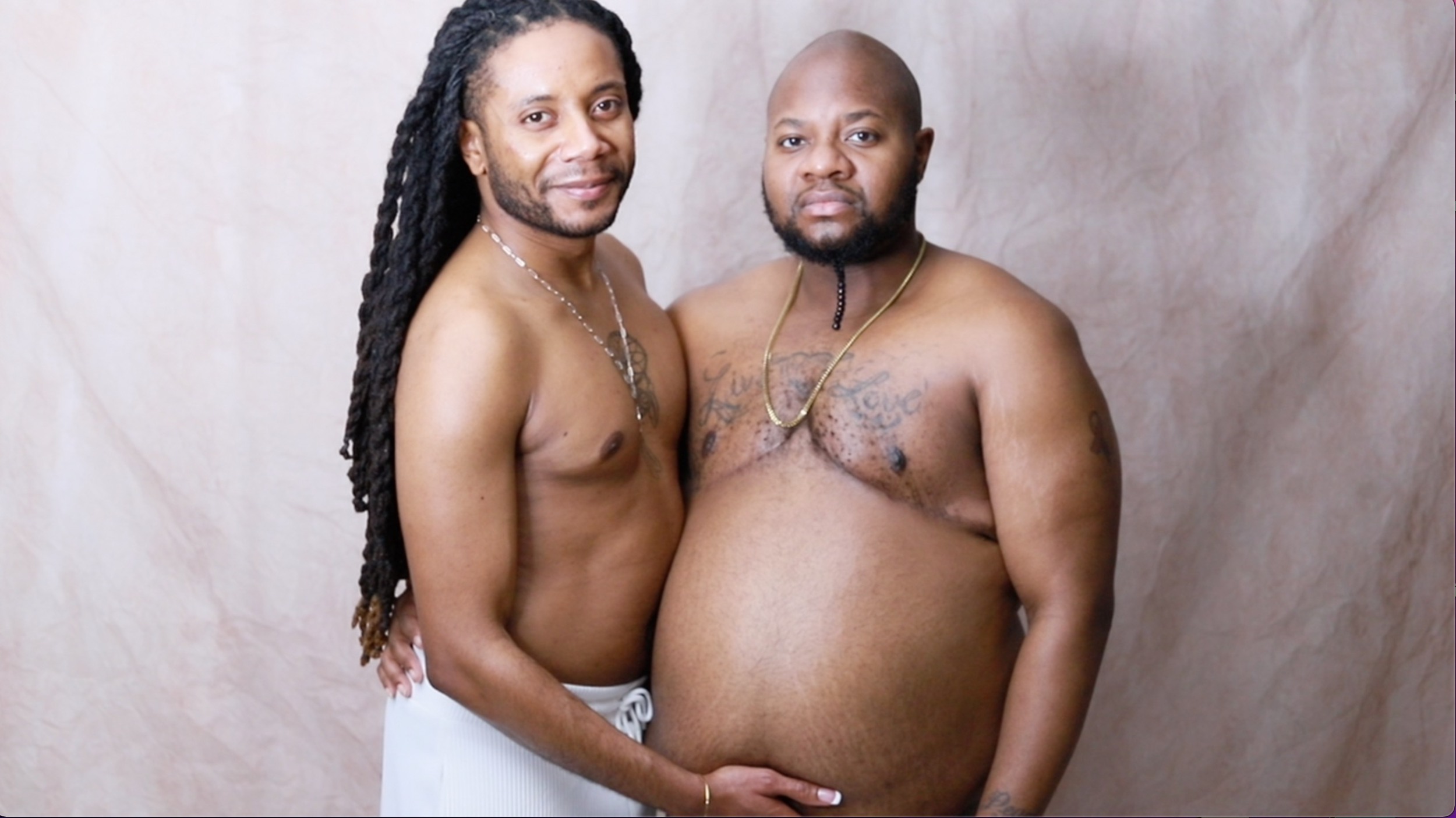The Elephant In The Room: The Real Issue With Molecular Surveillance; No Trust In The Medical Establishment
In October of 2023, a coalition representing 110 networks of people living with HIV met to discuss a deep-rooted but under-discussed issue in HIV advocacy - molecular surveillance.




